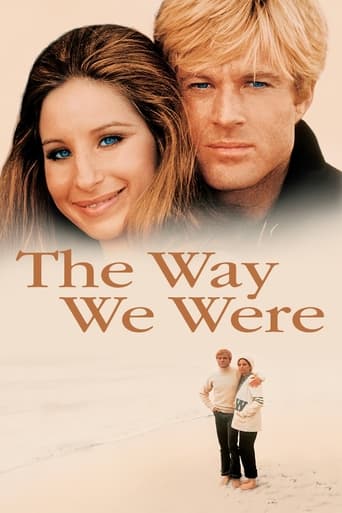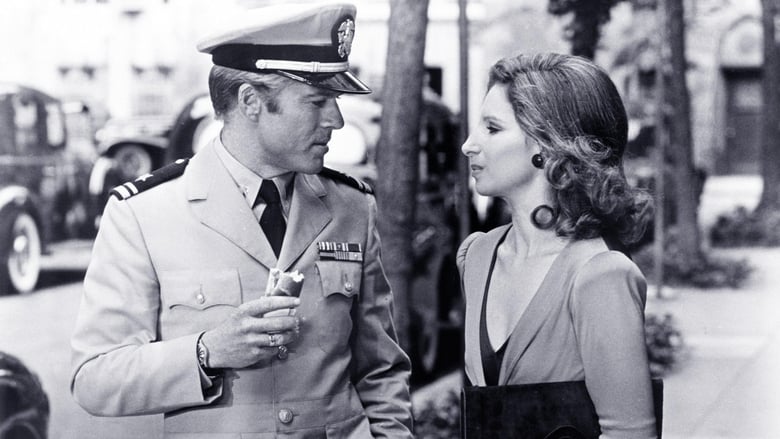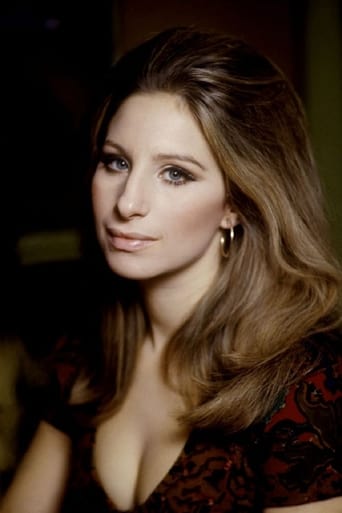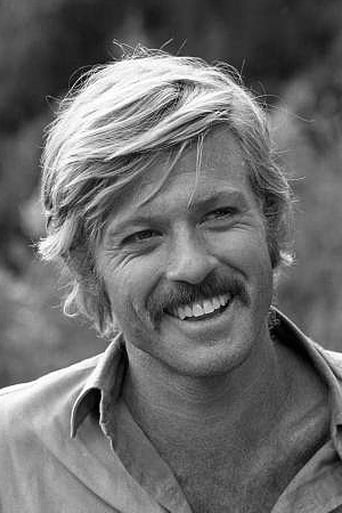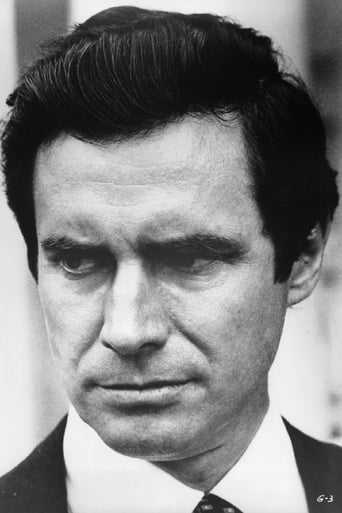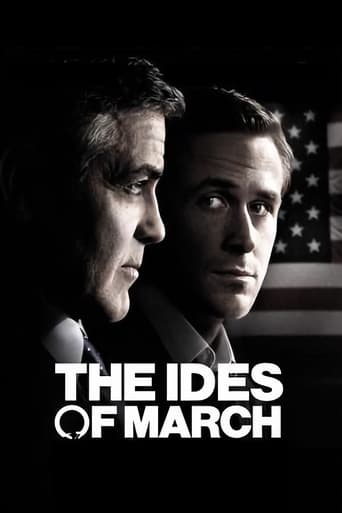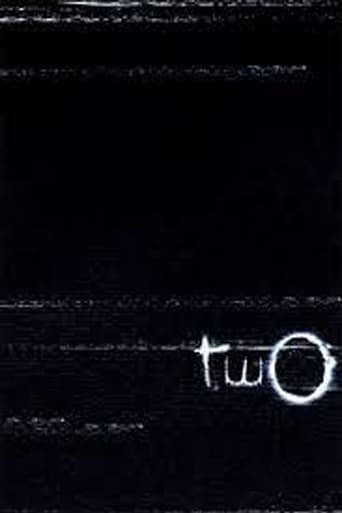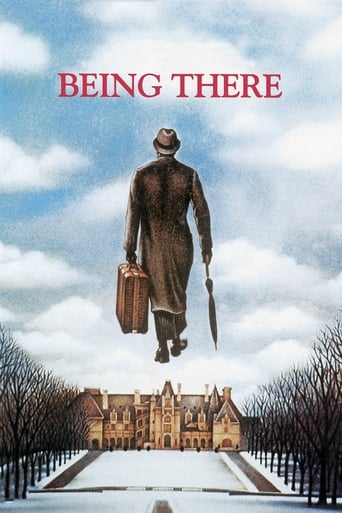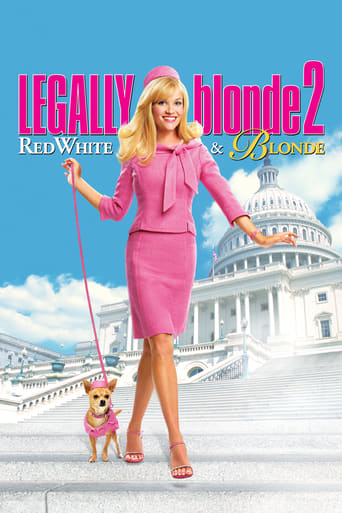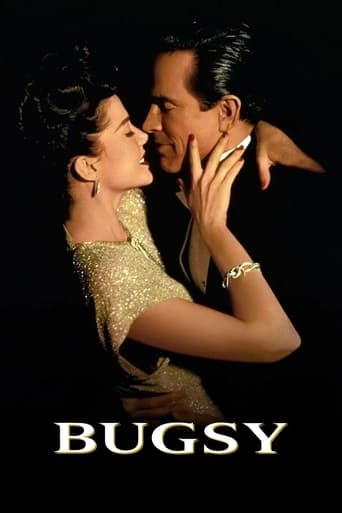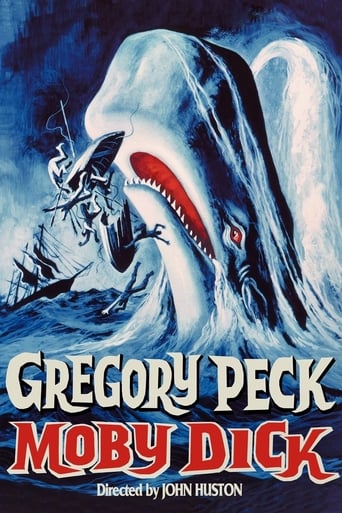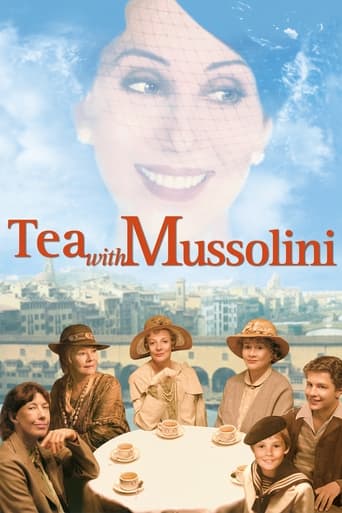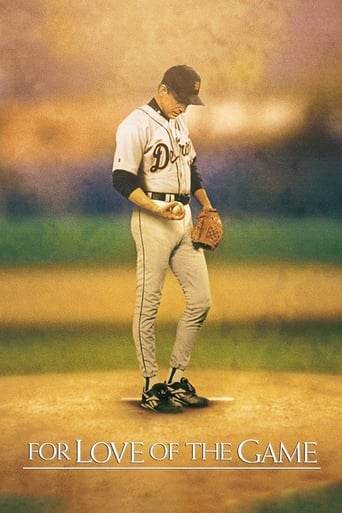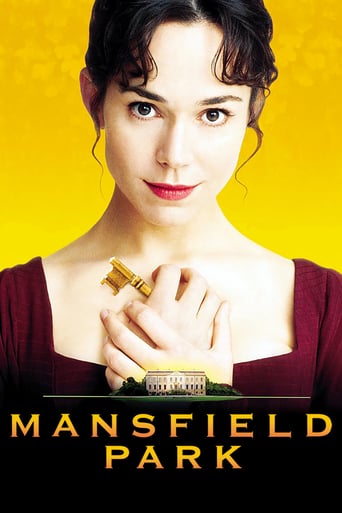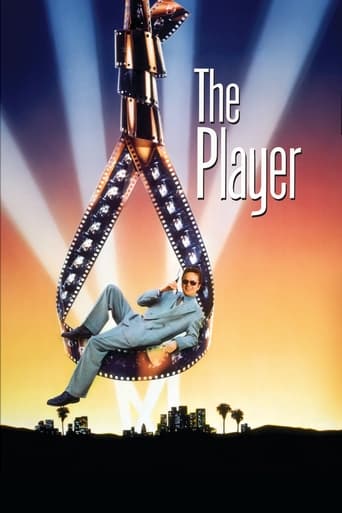The Way We Were (1973)
Two desperate people have a wonderful romance, but their political views and convictions drive them apart.
Watch Trailer
Cast


Similar titles
Reviews
Although I seem to have had higher expectations than I thought, the movie is super entertaining.
It is neither dumb nor smart enough to be fun, and spends way too much time with its boring human characters.
This is one of the best movies I’ve seen in a very long time. You have to go and see this on the big screen.
Through painfully honest and emotional moments, the movie becomes irresistibly relatable
One of the screen's greatest romantic films. But it could have been a whole lot better. The scenes with Streisand and Redford together are lovely. Best when there is a tinge of wistful nostalgia and sadness in the plot. Unusual to have an intelligent romance in a film, as well as literary characters. But the political narrative is not handled well and becomes muddled. Maybe that and the Hollywood part of the plot could have been better directed. Beautiful score and title song won Oscars. Laurents could have won one for the screenplay too if it had been treated differently. Streisand and Redford are perfectly cast and are at their best. I love how marriage and divorce are never mentioned specifically. We never see the child and Hubbell's new wife (whose name we are not told) is all but invisible in her scene. I suppose this is to keep the plot as true as possible to its origin as a gay love story (before same sex marriage and adoption rights were legal).
In my experience of watching movies, THE WAY WE WERE is a rare bird: a romantic drama that isn't corny, has complex characters, and weaves in sociopolitical commentary without being overbearing about it. Given the title (and absolutely beautiful title song), nostalgia is one of the film's major themes. Yet nostalgia isn't approached from a purely idealistic standpoint either, as a third-act line from Hubbell (Robert Redford) indicates ("Katie, it was never uncomplicated"). The film, to a degree, is about how politics can be divisive, particularly in personal relationships, but also in one's professional life, as part of the story takes place against the backdrop of McCarthyism and the Blacklist in Hollywood. I found the whole thing to be extremely well-written and balanced, with Barbra Streisand and Robert Redford's characters each making valid points about devotion to causes, perception vs reality, and relationships. I haven't seen a lot of movies with either person, but both of them were in very good form here. And, the film had a very strong three-act structure that brought out the central relationship's development that much more. On technical matters, I thought period detail was attended to very well, with each segment/act being distinct in terms of light, color, etc. Then, there's the title song. Barbra Streisand has a beautiful voice that fit Marvin Hamlisch's music to a tee; and, the music itself did an excellent job of evoking a sense of nostalgia throughout the entire running time, appearing in various forms and instrumentation over the course of the film. It is without hesitation or reservation that I put this among one of my favorite films of all time. Everything about it just works, from the story, the acting, the music, etc. It's the kind of movie that will have you longing for the "good old days," even if you never grew up during that time period.
Hubbell Gardner in The Way We Were is an abominable man. He has no passion, and tries to stifle that in Katie-- from the beginning, when he references her love of knowledge and politics as "You never stop, do you?". Hubbell Gardner is an awful, awful man. All the while she's propping him up, and singing his praises, he's openly treating her coldly. She treated him far too well: from the beginning, remember how he was heading out the door to leave her apartment, and couldn't get out fast enough? He was cold and uncaring, and she sought him out with care anyway.He has no backbone, as when he willingly lets his book be mangled into a film-- the act to which she fully objects, thinking he deserves better. Instead, he tries to silence her again, and then weakly let his film be mangled. Hubbell wants Katie to stop challenging him to do better for himself, to want nothing more for him that he actually can work towards. She has more faith in him than he does, but he wants her quiet so he can take the easy way out. Multiple times, he tries to silence her- he frequently tells her to be quiet, and he actually puts his hand over her mouth at the party (granted, she's supposed to be Harpo- on a side note, how is putting on thick eyebrows enough for some of the guests to pretend they're in any swing of things as far as Marx brothers costumes go? It's as bad and dull as the jokes Hubbell's friends make- commentary forthcoming). He wanted her to accept his friends' horrible, dull environs and crass in the horrible, tasteless, unfunny way of humor, and was upset when she didn't want to partake of it. The only mistake Katie made was in thinking Hubbell was worth her time or efforts. She put her own life on hold to go with him to Hollywood to make his dull film. But while she was there, she still managed to make an impact, heading to Washington, D.C., to protest the House Un-American Activities Committee's blacklist. Thankfully at that point he didn't try to silence her, and actually came to her defense briefly to punch a guy who insulted her. Aside from that momentary gleam, Hubbell has no potential. And even then, he followed it with their core differences- he has no hope for the future, and doesn't mind the melancholy, drab, mediocrity he dwells in, whereas she seeks better and tries to implement it.Hubbell simply doesn't care for Katie, or for himself. He is perfectly content to live his vapid and pointless life, and doesn't mind hurting Katie along the way. Even his friend, J.J., who made those tasteless jokes, told Hubbell Katie was "really somebody" and somebody you "don't want to lose". Hubbell of course doesn't get it, and cheats on her with the very person J.J. considered no one special. Plus, Hubbell knows Katie is pregnant at the time.She finally ends it with him, and her giving birth is as sad as it should be happy- the baby is fine, but the relationship that could be- the potential she hoped for in him- is all gone.When they meet later, he is still incredulous at her ambition, or his inability to put a damper on it. Despite his attempts to make her dull, or lose hope, or become boring like him, Katie is still seeking change and a better future. He has no concept of trying, when he is so emphatic about stagnation and giving up. After she's left him standing with his new lady, she is done with him, and goes back across the street to protest the bomb. As she's focused on her demonstration, he follows her, crossing the street, just to say, "You never give up, do you?"When they were in college, Hubbell wrote a story feigning ambition, to have things not be easy- but it was all words. Sadly, even that story's recognition in their short story writing class led to real action by Katie, to stop pursuing her own writing, and tear up her work. She buys him a typewriter. He doesn't get one for himself- she gives him the tool. Still, as Hubbell, it was all a farce. Like the lies of the short story, Hubbell puts up a front, writing 8 chapters of a second novel, which later does not come to fruition. Katie asks if he ever intended to publish it: "No." If he ever wanted to move to France: "No." The closest thing Hubbell ever comes to ambition is his proximity to Katie. And even then, he tries to corrupt her into stagnating and giving up, and giving in to society, as he does.She thinks his writing style is absolutely gorgeous. This is a clear reference to her fondness for him, and his own attractiveness. Let this be a lesson to all-- no matter how pretty the words, or the man, it is the action that counts. Without action, there is nothing, and Hubbell has no idea about action, whereas Katie is action, and drive, and spirit, and motivation. Hubbell is stagnation embodied. He is attractive enough, has the "right" friends, the "right" place in society. He has and is nothing. Especially compared to Katie. Without action, there is no potential.So unlike the Hubble telescope is he. He has no perspective, no forward-thinking, and no ambition whatsoever. Katie tried to see in him, but there isn't anything to see.In no way is this a "romance for the ages", but in every way is it a delightful, cautionary tale against giving your life and soul to someone who doesn't deserve it.
The ultimate chick flick, 1974's The Way We Were follows Katie Morofsky, a serious-minded college student and radical who works overtime at very liberal political causes that have developed through the turmoil of WWII and though she is the hardest working gal on campus, things don't always go as effortlessly for her as she would like.Enter into Katie's life a guy named Hubbell Gardner (Robert Redford),a golden boy to whom everything comes easy and who takes life as it comes. Katie and Hubbell meet in college and she is immediately smitten with him, though she tries to fight it. Hubbell admires Katie's spirit, though he doesn't really love her, and from this springs one of the most moving and beautiful love stories ever put on celluloid, ending during the early 1960's.This movie draws you in immediately because Katie and Hubbell are both people that we can relate to and we understand their feelings for each other from the beginning and even though these people are polar opposites, we want to see them make this relationship work, which is further complicated by their conflicting political convictions. Katie is all about making a difference in the world and Hubbell wants to take things as they come and not quite as seriously as Katie does.The on screen chemistry between Streisand and Redford is off the charts and Streisand had to fight hard to get Redford to do the film. He rejected the role after reading the original script and Streisand had re-writes done immediately in order to beef up Hubbell's role.Pollack's sensitive direction and effective support from Bradford Dillman, Patrick O'Neal, and Viveca Lindfors also deserve mention here, but it is the magic chemistry generated by Barbra Streisand and Robert Redford that made this movie the instant classic it became. Needless to say, the classic Oscar winning theme song, flawlessly performed by Streisand, didn't hurt.

